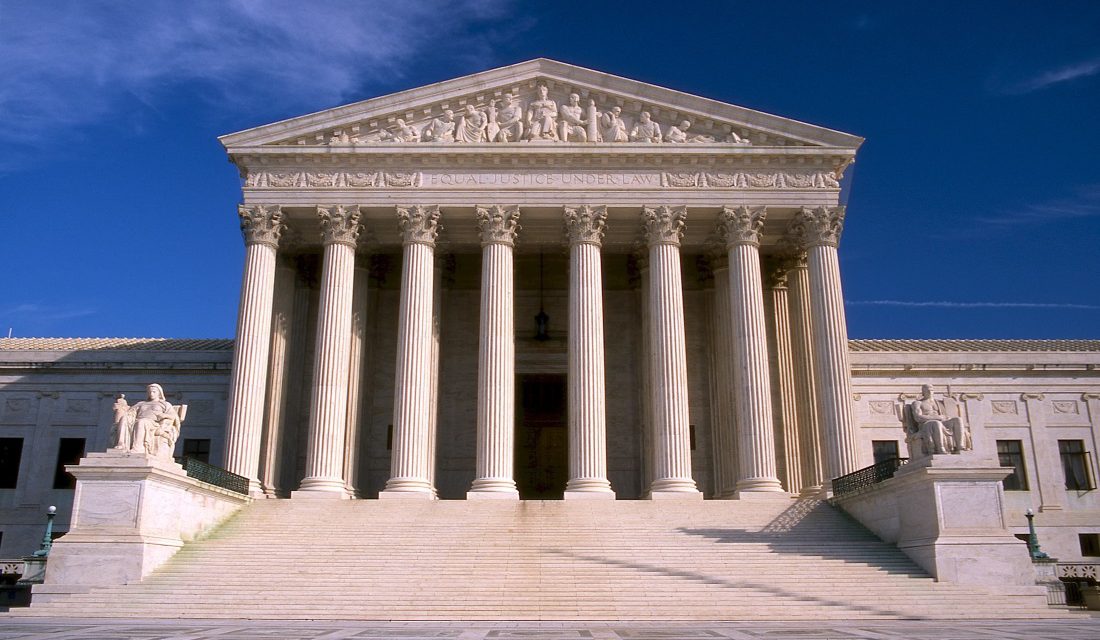The U.S. eviction moratorium is scheduled to be scrutinized by the highest court, and its future looks grim.
This is a continuation of the saga first introduced by the National Association of Realtors® (NAR) at the end of 2020. Representing their membership, NAR claims the eviction moratorium has cost landlords billions of dollars due to lost rents, outweighing the need to keep individuals housed while the pandemic continues.
While there are federal funds set aside to landlords with non-paying tenants, only 11% of the $46 billion available has been distributed, according to the New York Times.
The current national-level eviction moratorium is set to expire on October 3, 2021. Unlike previous versions of the moratorium, this one applies only to counties experiencing substantial or high levels of COVID-19 transmission.
Related article:
CDC extends eviction moratorium in hard-hit counties, including most of California
It’s widely believed that the Supreme Court will side with the landlords this time around.
When the Court allowed the moratorium to remain in place at the end of June, Justice Kavanaugh was the deciding vote. However, he issued an opinion declaring his distaste for the moratorium, claiming the only reason why he didn’t choose to end it immediately was that the moratorium was set to expire in a few short weeks anyway, and these weeks were going to allow for a more orderly distribution of Emergency Rental Assistance funds.
As the moratorium has been extended yet again, it’s expected that the vote will swing the other way this time around.
However, unlike the previous all-encompassing orders, the Center for Disease Control (CDC’s) newest moratorium is aimed at communities where COVID-19 spread is significant. Administration officials hope the difference will be enough to sway the justices to allow the moratorium to remain in place.
California’s eviction protections
What happens if the Supreme Court strikes down the latest eviction moratorium?
Here in California, not much. That’s because there was already a statewide eviction moratorium in place when the latest national moratorium took effect. The statewide moratorium — put in place by the Rental Housing Recovery Act — prohibits landlords from evicting residential tenants under COVID-19-related financial distress for the nonpayment of rent through September 30, 2021.
15% of U.S. renters and 14% of California renters were behind on their rent as of the first half of August 2021, according to the U.S. Census. Meanwhile, California is still missing roughly 1.2 million jobs from the pre-recession peak as of July 2021. Until these jobs are regained, the end of these moratoriums will result in a dramatic rise in rental vacancies.
Stay tuned to firsttuesday for updates on the Supreme Court’s decision, expected to be delivered in the coming days.
Related page:




















Thank you for sharing. There are a number of relevant topics that I have read about! Your piece stood out to me in a way that the others didn’t. It is my sincere wish that you would continue providing us with incisive articles such as this one.
The high quality and attention to detail of the piece show that you know how to write good content.
Because of how you think and act, you stand apart, so I’d be delighted if we could meet and discuss.
Ahh that is great thank you ! Good for special needs too !